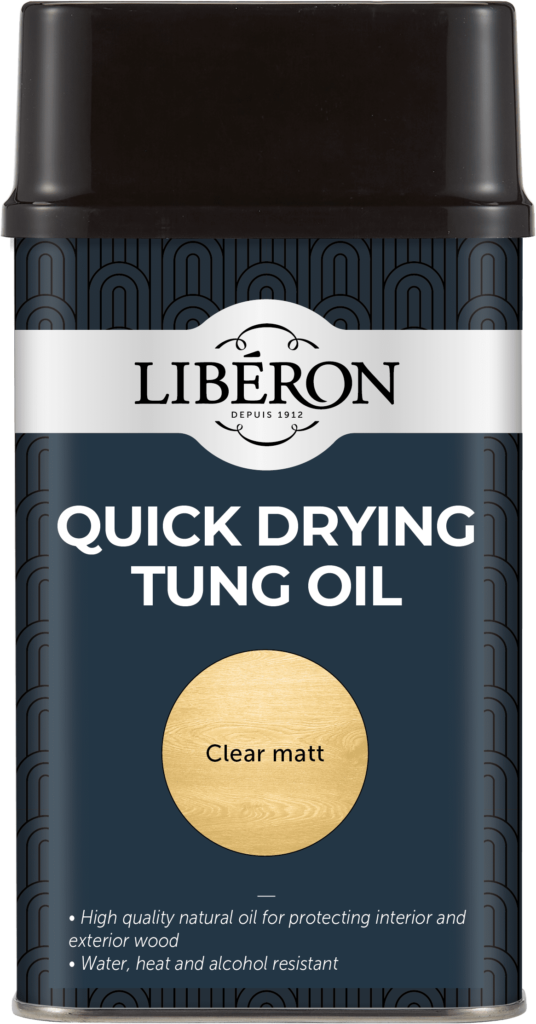Bit late to the thread I know, but I would give a recommendation for Osmo Oil. Having tried most oils/finishes for my projects, I've now switched to it for everything. It's a hardwax oil that's dead easy to apply (2 coats buffed in with a scourer/high grit paper). Goes off fairly quickly, food safe and has a lovely satin sheen finish.
Wouldn't use this on bowls and spoons used for eating hot food from personally.
Being food safe in respect of kitchen worktops doesn't seem to me to naturally extend to eating your hot porridge or stew from it, on repeated occasions, with the possibility of substances leaching into your hot food or acidic dressings or sauces.
Have a look at the data sheets for it and see some of the additives and the section on personal care too.
Each to their own as always, but I would always suggest to folk that ask for advice to stick to pure tung, walnut or natural linseed oil, allergies allowing. They are unadulterated with artificial chemical additives and polymerise (harden) over time avoiding residual stickiness and possible rancidity if applied correctly.
I guess I just don't see any reason to take possible risks with other less natural products for these applications when the natural traditional ones that are already widely used in the food craft sectors work just fine



